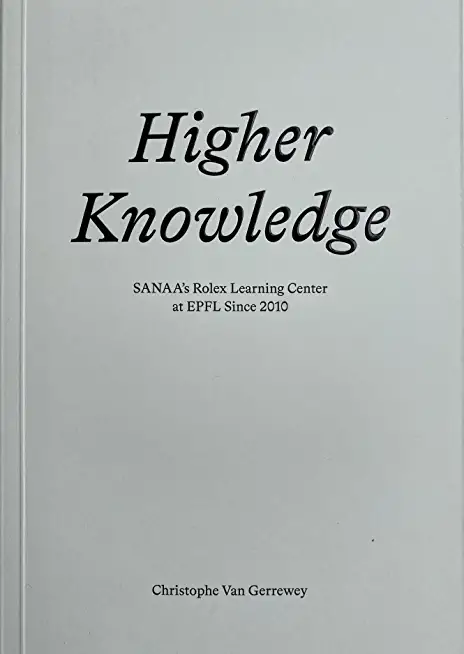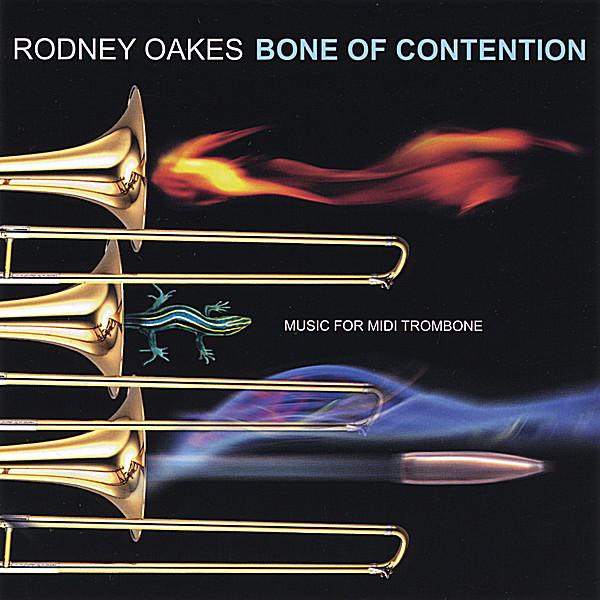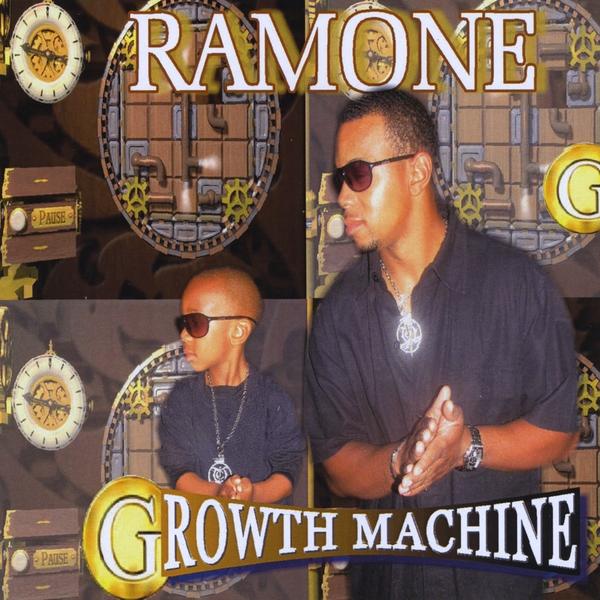
Watson, Nancy T.
This book addresses an important topic - Conflict, mediation and dialogue. Conflicts are a part of life. Although many people assume conflicts are negative and, therefore, should be avoided, conflict is truly neutral. The engagement in conflict is what can be constructive or destructive. There are many positive outcomes experienced when a conflict is well managed, hence the critical role of this book. For instance, most change is driven by some level of conflict. You must learn, grow and develop effective conflict management skills as a way to manage change. Thus, the conflicts we deal with in our personal lives and in the workplace are essential to our development and our organizations' healthy development. However, if managed poorly, some conflicts can escalate to the point that they can destroy individuals or organizations. As illustrated in this book, the key to managing conflicts is to understand conflicts; expect conflicts, and manage conflicts before they escalate into destructive or costly loss of personnel, diminished climate or lead to lawsuits. The book provides one of the growing and recognized methods of dealing with conflicts - mediation and dialogue. The contents of this book reflect areas of importance addressed in mediation training: alternative dispute resolution practices, conflict management intervention options, models of thinking about conflict, the mediation format, and the skill set needed by a strong conflict management and mediator. Readers are challenged to reflect upon their biases and beliefs that may negatively impact the mediation process.







